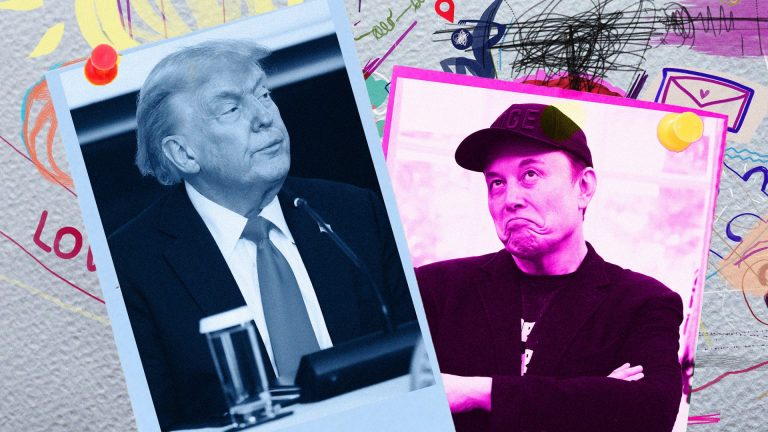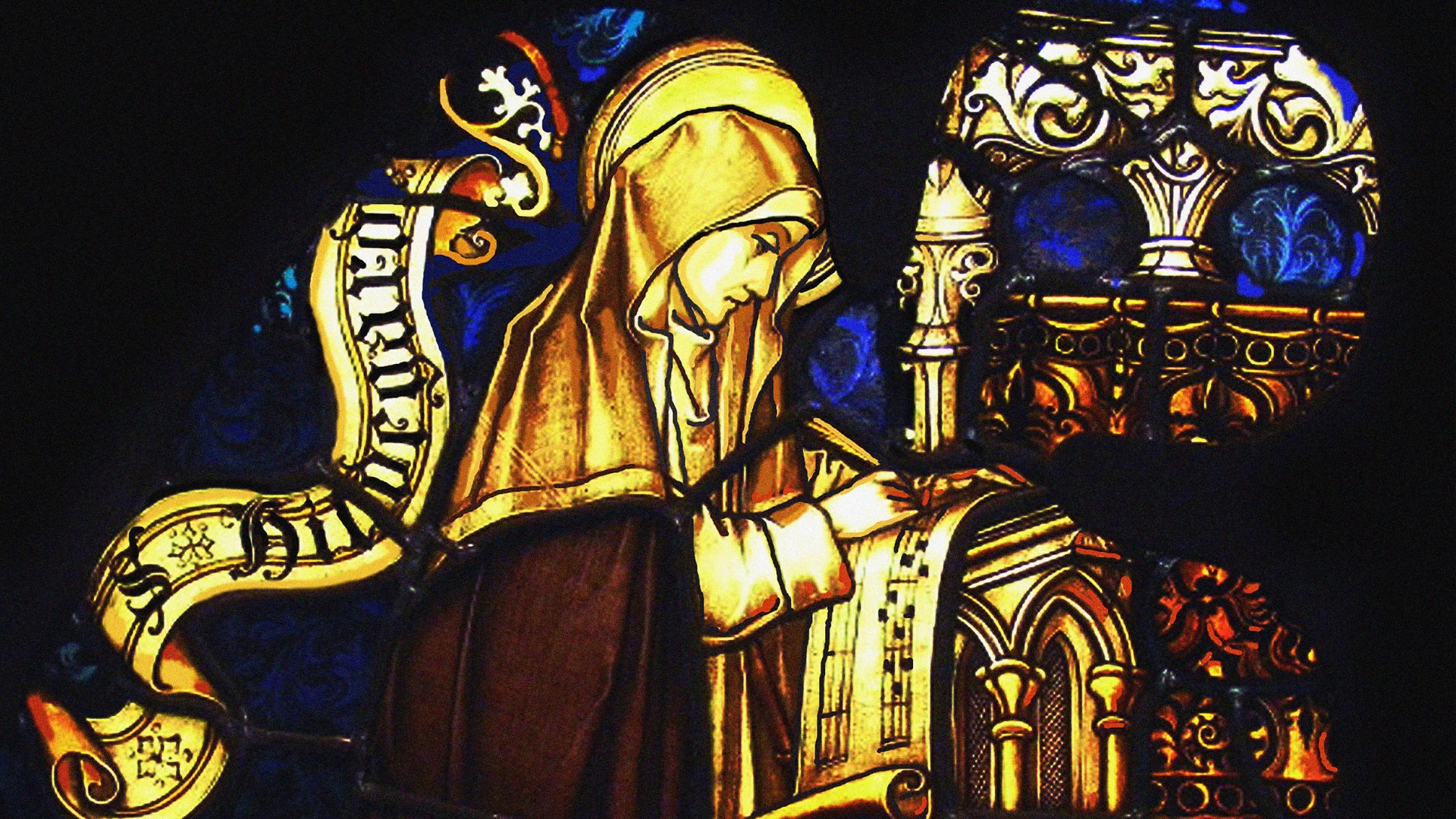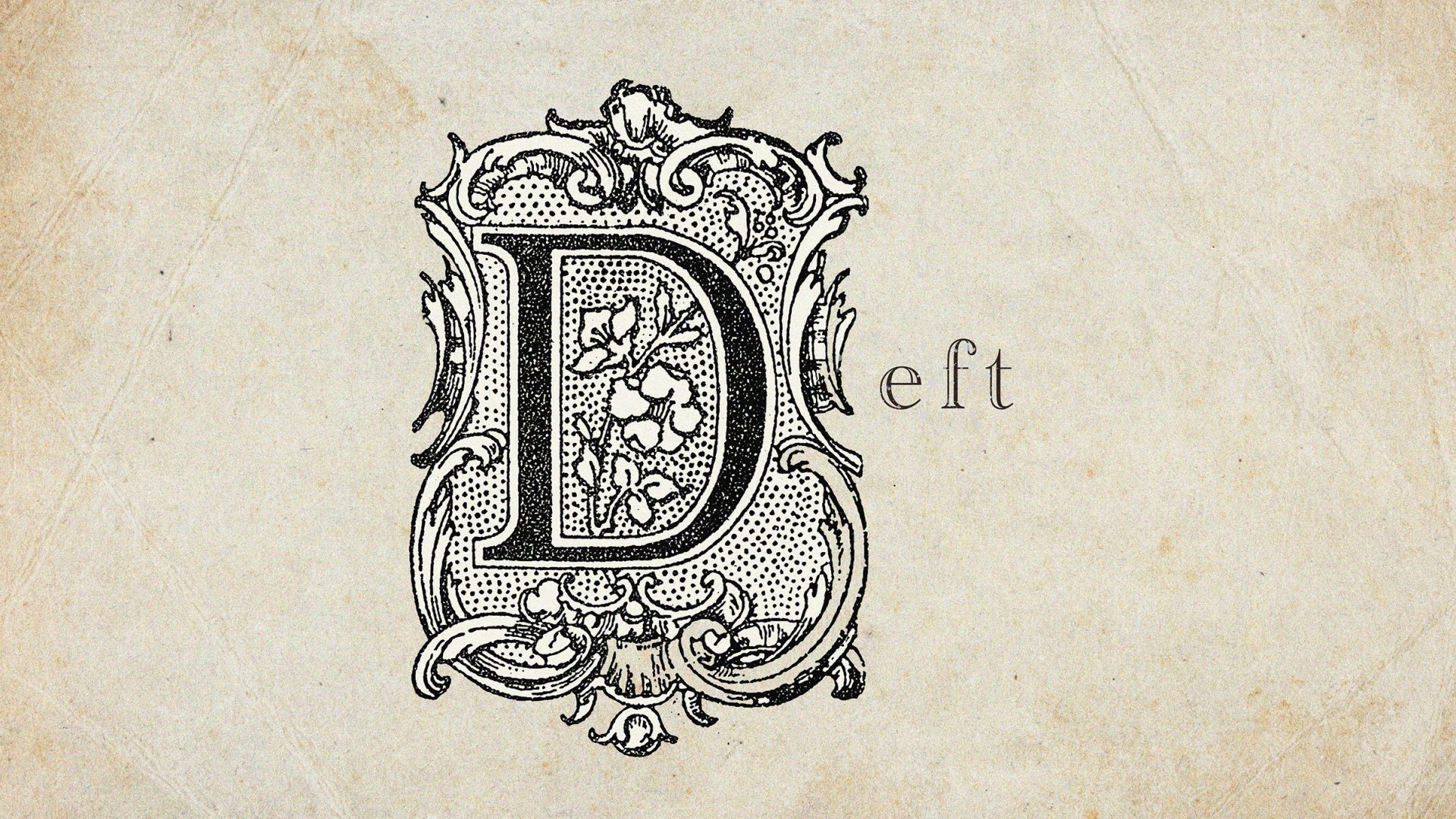Listen, I don’t think there’s any point in me denying that things spun out of control at some point. I’m not even sure I could tell you how it happened. All I wanted was to learn a bit more about the history of a part of the world I arguably don’t know enough about. I looked at Netflix and I looked at the BBC and I looked at YouTube but I couldn’t find anything to my liking, and so I decided to look further afield.
What I found, in the end, was a 20-episode series, produced by public-service television broadcaster ZDF. Those 20 episodes last around three quarters of an hour each, meaning that – yes, that’s right – I’d signed up for 14 hours of German history, in German, with subtitles. Again: I clearly bit off more than I could chew.
I’m currently four episodes in and have only just learnt, in depth, about Hildegard von Bingen. Lest we forget, she died in 1179. To say that I have a whole lot of Germany ahead of me would be quite the understatement. Still, against all odds, I’m having a great time. I’m learning so much!
There is a world in which I should be ashamed of how little I remember from my school days but, if I’m honest, I think it’s fine. Of course I don’t have the faintest memory of what my teachers were blathering on about when I was 11 or 12. I was a child then; I was busy! I had other things to think about! History was the least of my concerns.
Two decades later, I’m finally acquiring a taste for the past, and whatever happened there. In fact, I’m feeling ravenous. I’m reading about history, I’m watching documentaries about it, and I try to travel as much as I can, absorbing every fact and detail held within my grasp. It’s both a genuine joy and fundamentally reshaping my understanding of the world.
Charlemagne, for example, was always one of those figures I did remember hearing about at school. He was French, obviously, and the one thing to know about him was that he’d invented school, as per France Gall’s famous song. I never really questioned either fact. Naturally, I now know that neither was quite correct: the truth is, as is so often the case, a bit more complicated than that.
Suggested Reading


Actually, it’s men who are too emotional for power
By learning about the Carolingian emperor, I ended up learning about so much more, and still feel like I’ve barely started on my journey. Trying to understand one part of European history feels like picking up a thread and realising, gradually, that it leads to an entire quilt. I thought I was plunging into French history but instead I ended up launching myself into German history, but doing that made me look into Hungarian history instead, as Magyar invaders played an important role in the shaping of the Holy Roman Empire.
I travelled to Budapest for work last week and it was my first time in Hungary; the piece I was writing had to do with the present and the future, but within hours of landing I found myself talking about the aftermath of the first world war with one of my interviewees. Coming home a few days later, I started looking into the quotes I got, and they brought me to Yugoslavia, the Czech Republic, Austria and Romania.
European history is as dangerous as heroin or crack because you can begin with ease, but there will never be any end in sight. Trying to look into a language, a culture or a people feels a bit like playing a game of Operation: one tiny, barely perceptible false move and you’ll end up reading about something else entirely. Everything is connected and you can’t understand A without getting B, but B will be impossible to parse until you’ve got a decent sense of J and N. It’s both exhausting and exhilarating.
Crucially, now also feels like the right time to get into it. The world isn’t exactly a happy place in 2025. America has gone quite, quite mad, Putin remains an unstoppable regional and global supervillain, and most developments in India and China are best described as “ominous”. It’s fair to say that Europe isn’t exactly thriving either, as the populist right keeps either winning elections or very narrowly losing them, but the least we can do is try to stick together.
In countries as in friends, the easiest way to do this is to at least attempt to understand what came before our times, and why people make the choices they do. Both my German documentary and my jaunt to Budapest opened my eyes to a million and one things I’d never even really considered before, yet they still both felt and feel like scratching the surface.
This column may now be published in The New World but, at heart, it will remain quite a European one. We may be widening our horizons but, no matter what happens next, my feet will forever remain grounded in the soil of the old continent.



